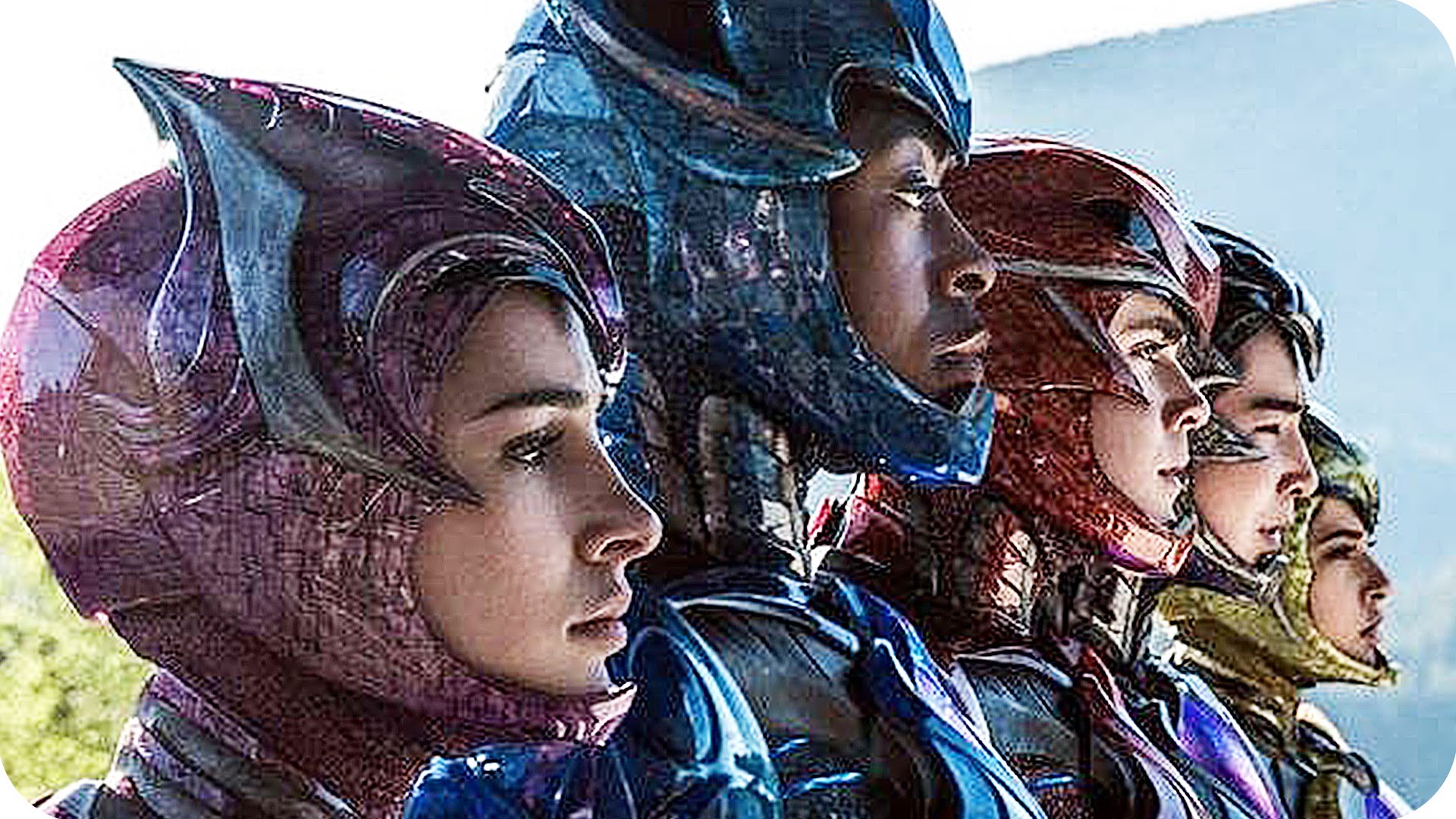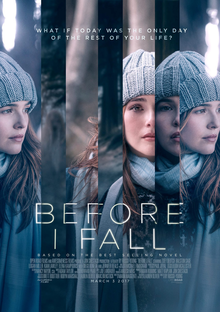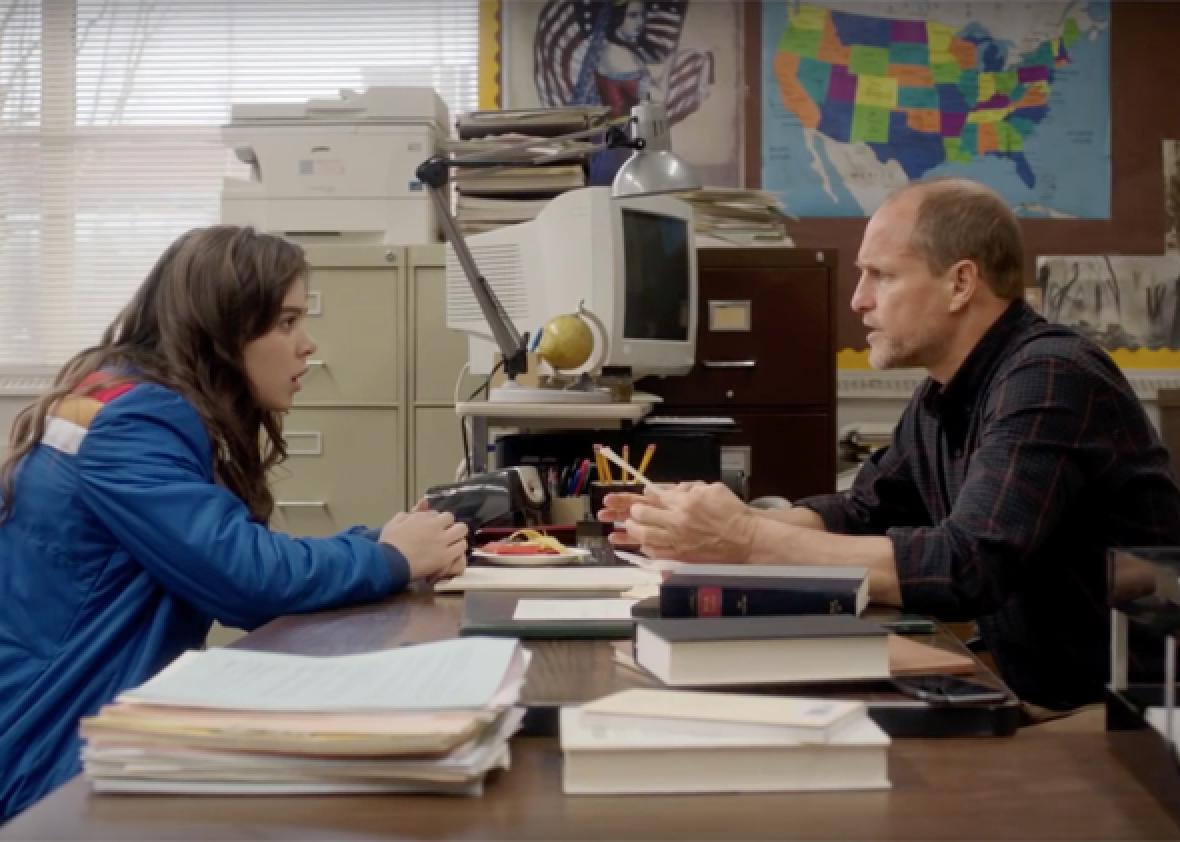Two New Movies About the Triumph of High School Underdogs — The Outcasts and Speech and Debate
Posted on April 13, 2017 at 2:52 pm
Two very entertaining new movies available in some theaters and on demand both tell stories of kids who are considered dorky outsiders in high school but find a way to triumph, learning some lessons and making some friends along the way. The great thing about being a smart dork in high school is that if you work hard and have a bit of luck, it will give you great material to tell the story some day. No one wants to see a movie from the perspective of the kids who are happy and popular in high school, at least not unless they started out as miserable loners.
“Speech & Debate” is a heartfelt love letter from theater kids to theater kids. Three outcasts, a would-be actress, a would-be investigative journalist, and a new kid who is gay band together when the school board caves in to a local man who objects to the school play, “Once Upon a Mattress,” because there is a mention of an unwed pregnancy in it. The popular play makes an uneasy transition to the screen, but the performances by Liam James (“The Way Way Back”), Sarah Steele (“The Good Wife”), and Austin P. MacKenzie (“When We Rise”) have a believable rapport and it is a treat to see Broadway luminaries like Roger Bart, Lin-Manuel Miranda, and Skylar Astin in supporting roles.
“The Outcasts” stars “The Middle’s” Eden Sher as Mindy, a nerdy girl whose best friend Jodi (Victoria Justice) is the victim of a mean prank orchestrated by mean girl Whitney (Claudia Lee). Jodi and Whitney unite all of the school’s various factions, even getting the sci/fi and fantasy groups to stop arguing with each other and join forces. But the girls learn that once you have power it is very tempting to abuse it. Performed with a lot of brio and filmed with humor and sensitivity to all involved, it is fun to watch and worth discussing afterward.








